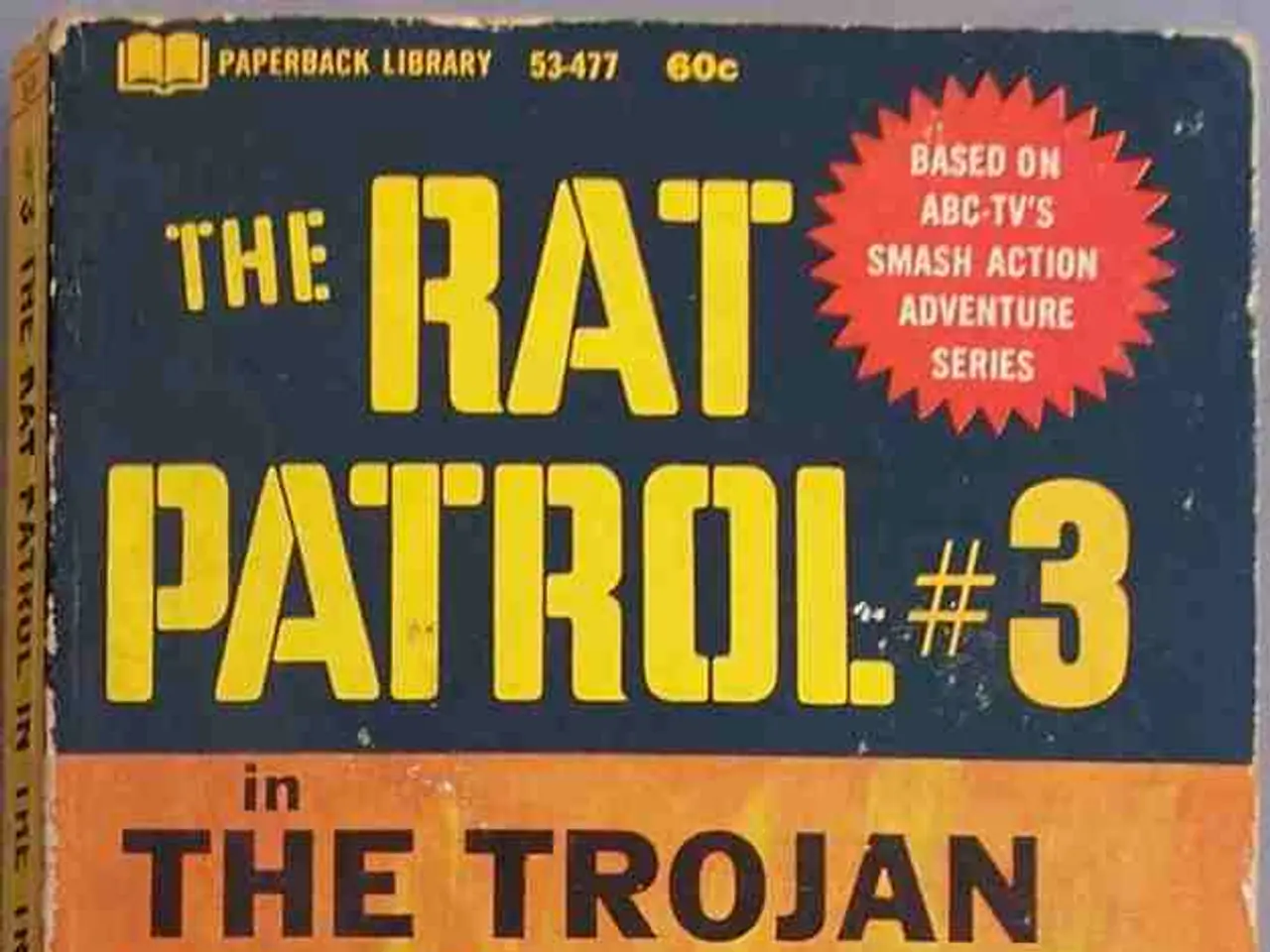Tensions escalate between Lebanon and Iran owing to disagreements over a proposed plan for Hezbollah militia disarmament
In a significant development, Lebanon's government, under pressure from the United States and international diplomatic efforts, has announced a plan to disarm Hezbollah, a powerful Lebanese Shia militant and political group backed by Iran. The move aims to limit weapons possession exclusively to the state and reassert Lebanon's sovereignty, with the goal of disarming Hezbollah by the end of 2025 [1][2].
However, this decision has sparked a diplomatic confrontation with Iran, Hezbollah's principal patron, which strongly opposes disarmament efforts and continues to provide political, financial, and military support to the group [1][2]. Senior Iranian officials, including Ali Larijani, Secretary of the Supreme National Security Council, have emphasized Iran's unwavering support for Hezbollah [1][2][3].
The standoff between the two countries revolves around Lebanon's desire to curtail Hezbollah's armed capabilities to reassert state sovereignty and reduce armed militias, while Iran insists on supporting Hezbollah as Lebanon's defenders against Israel and jihadist groups, and rejects foreign-imposed timetables or conditions [1][2][3][4]. Lebanese leaders such as Parliament Speaker Nabih Berri have articulated a need to prepare against Israeli threats and affirmed Hezbollah’s role in political and military resistance [1][2][3].
The potential outcomes of this diplomatic standoff are varied. A negotiated compromise could see Lebanon trying to broker a phased, politically sensitive disarmament linked to Israeli withdrawal and international guarantees, preserving internal balance and avoiding armed conflict. This would require intense diplomacy between Beirut, Tehran, Washington, and regional players [1][2].
Alternatively, Iran and Hezbollah’s firm rejection could block disarmament, leading to increased tension within Lebanon’s government and among sectarian communities, risking renewed violence or protest mobilization against foreign diplomatic efforts. The failure to resolve the disarmament issue diplomatically may also increase conflict risk between Hezbollah and Israel and exacerbate Lebanon’s political crisis [1][2][4].
As the standoff continues, the warmth outside the meetings contrasts sharply with the tense discussions inside, according to news reports. The article does not mention any new external involvement or support for either side in the standoff [1]. The current situation remains unresolved, defined by Lebanon’s state sovereignty efforts and Iran’s strategic backing of Hezbollah, with significant risks of internal division and regional conflict unless a complex negotiated solution emerges [1][2][3][4][5].
References:
[1] Associated Press. (2025, August). Lebanon, Iran in diplomatic standoff over Hezbollah disarmament. Retrieved from https://www.apnews.com/article/lebanon-iran-hezbollah-disarmament-e574f6f8b6b432472932a20127f6512d
[2] Reuters. (2025, August). Lebanon-Iran standoff: Lebanon seeks Hezbollah disarmament as Iran opposes. Retrieved from https://www.reuters.com/world/middle-east/lebanon-iran-standoff-lebanon-seeks-hezbollah-disarmament-iran-opposes-2025-08-01/
[3] Al Jazeera. (2025, August). Lebanon-Iran standoff: Lebanon's government announces Hezbollah disarmament plan. Retrieved from https://www.aljazeera.com/news/2025/8/1/lebanon-iran-standoff-lebanons-government-announces-hezbollah-disarmament-plan
[4] The New York Times. (2025, August). Lebanon-Iran Standoff Over Hezbollah Disarmament. Retrieved from https://www.nytimes.com/2025/08/01/world/middleeast/lebanon-iran-hezbollah-disarmament.html
[5] The Washington Post. (2025, August). Lebanon's standoff with Iran over Hezbollah disarmament: What to know. Retrieved from https://www.washingtonpost.com/world/lebanons-standoff-with-iran-over-hezbollah-disarmament-what-to-know/2025/08/01/0f4b7c5e-9a6b-11ed-8716-35429876f656_story.html
The standoff over Hezbollah's disarmament in Lebanon has placed war-and-conflicts and politics centersqure. Both Lebanon and Iran have expressly voiced their opposing views, with Lebanon advocating for state sovereignty and reducing armed militias, while Iran insists on supporting Hezbollah as Lebanon's defenders against external threats, rejecting foreign-imposed timetables [1][2][3][4]. The general news regarding this issue revolves around a possible negotiated compromise between Lebanon, Iran, Washington, and regional players, or the potential escalation of tensions within Lebanon, increasing conflict risk between Hezbollah and Israel, and exacerbating Lebanon's political crisis [1][2][4].







